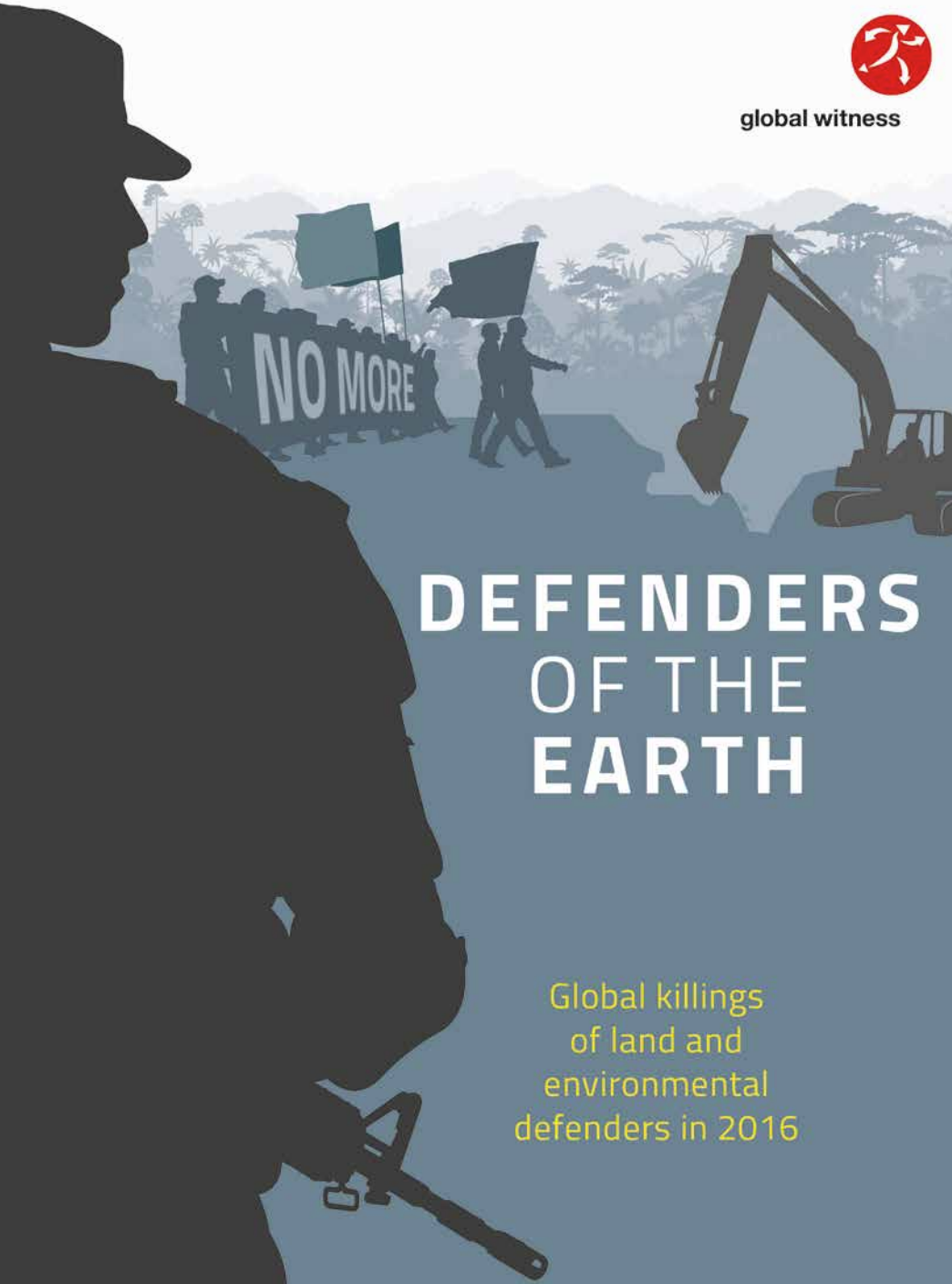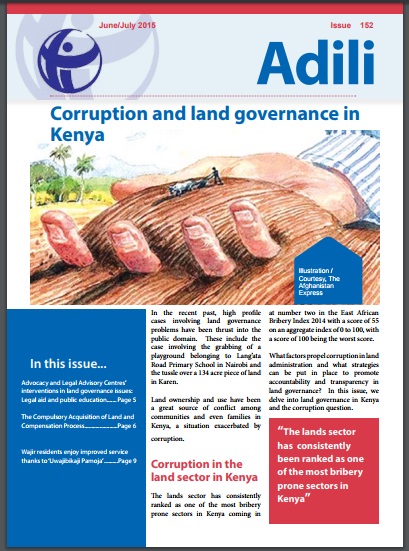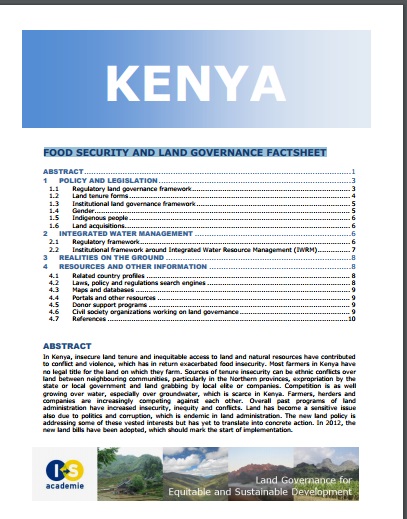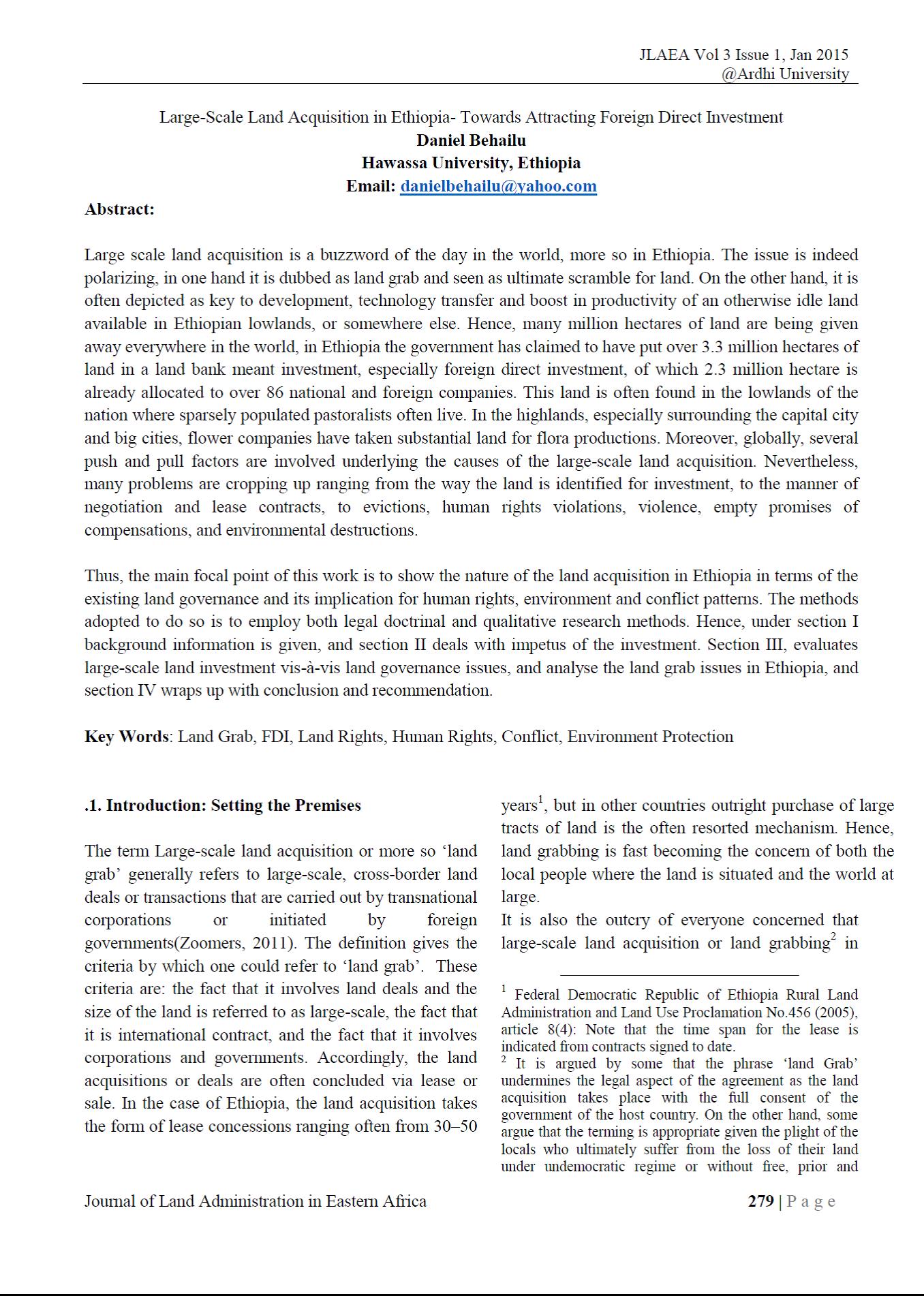They will need land! The current land tenure situation and future land allocation needs of smallholder farmers in Cambodia
The objective of this background paper is to provide a succinct description of the land tenure situation in Cambodia and, on that basis, discuss the needs smallholder farmers have for land, projected up to the year 2030.







